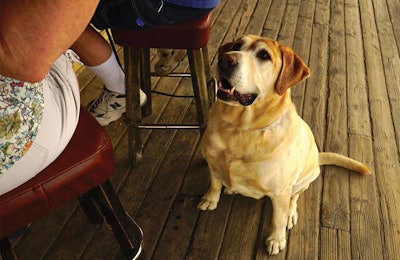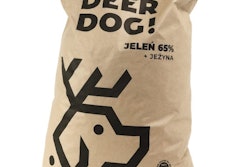
Beyond the basics of nutrition, the health and wellness claims made by pet foods have risen to become an important trend. Active pet owners want foods for their animal companions that provide many of the same benefits as the food they eat themselves. Although pets and people don’t eat from the same bowls, they may share the same eating habits. The healthy pet food trend has an antithesis though. Just as vigorous people tend to choose active lifestyles for their pets, overweight and obese individuals may pass their eating patterns onto their pets. In a study of nearly 200 urban dog and owner pairs on a Spanish island, scientists observed that pet owners’ weight status tended to be the strongest predictor of a dog’s body condition. Physicians and veterinarians collaborated to use a One Health approach to study pet obesity. The scientists identified demographic groups of pet owners that correlated to higher rates of dog obesity.
The Centers for Disease Control, United Nations Food and Agriculture Program and other agencies collaborate in the One Health program. This initiative connects human health to that of other animals, by examining shared threats such as zoonotic diseases. While diseases are one aspect of health, so is nutrition. The human and pet food streams are already converged, with many ingredients appearing in both.
Pet obesity and owner correlation
Along with shared ingredients, pet owners may be sharing eating patterns and concepts about nutrition with their pets. In an area of Spain with high rates of human obesity, the scientists noted that the dogs with the highest obesity rates were females older than six years and neutered. However, there was another factor.
“Being an overweight dog owner was found to be the most important factor in the occurrence of obesity in dogs,” the researchers, based at the University of Las Palmas de Gran Canaria, wrote in the journal Veterinary Sciences. “Owners of overweight dogs were mainly females, older than 40 years, who did not engage in any physical activity. A strong correlation has been found between dog owners with low levels of education and obesity in their dogs.”
















